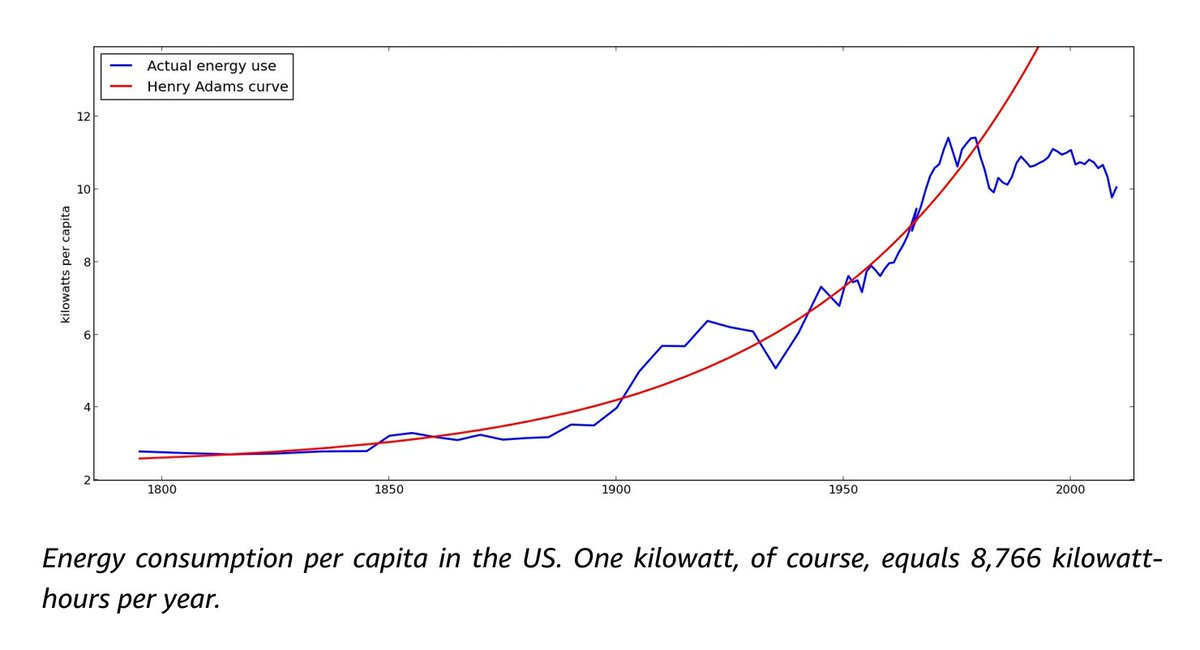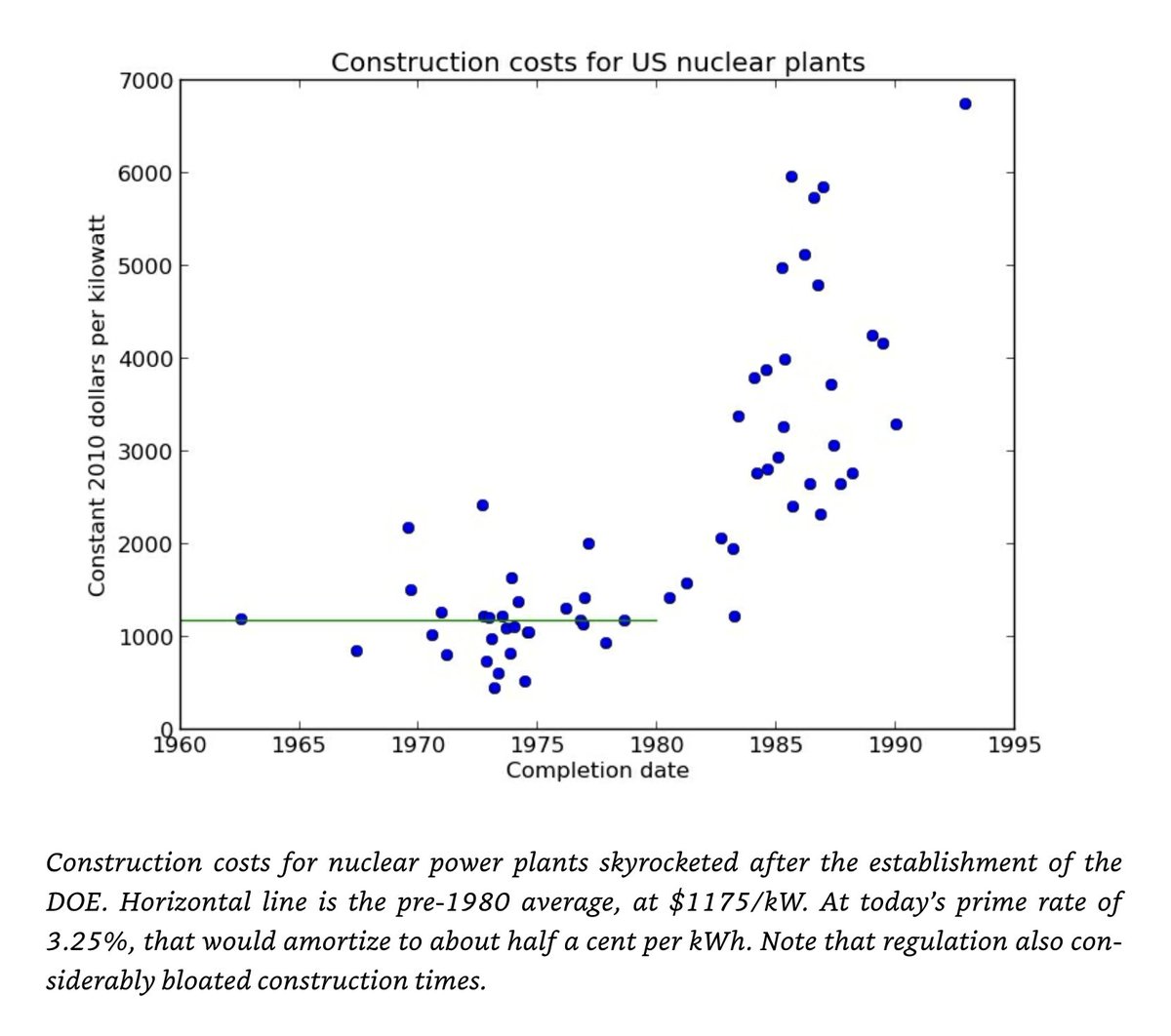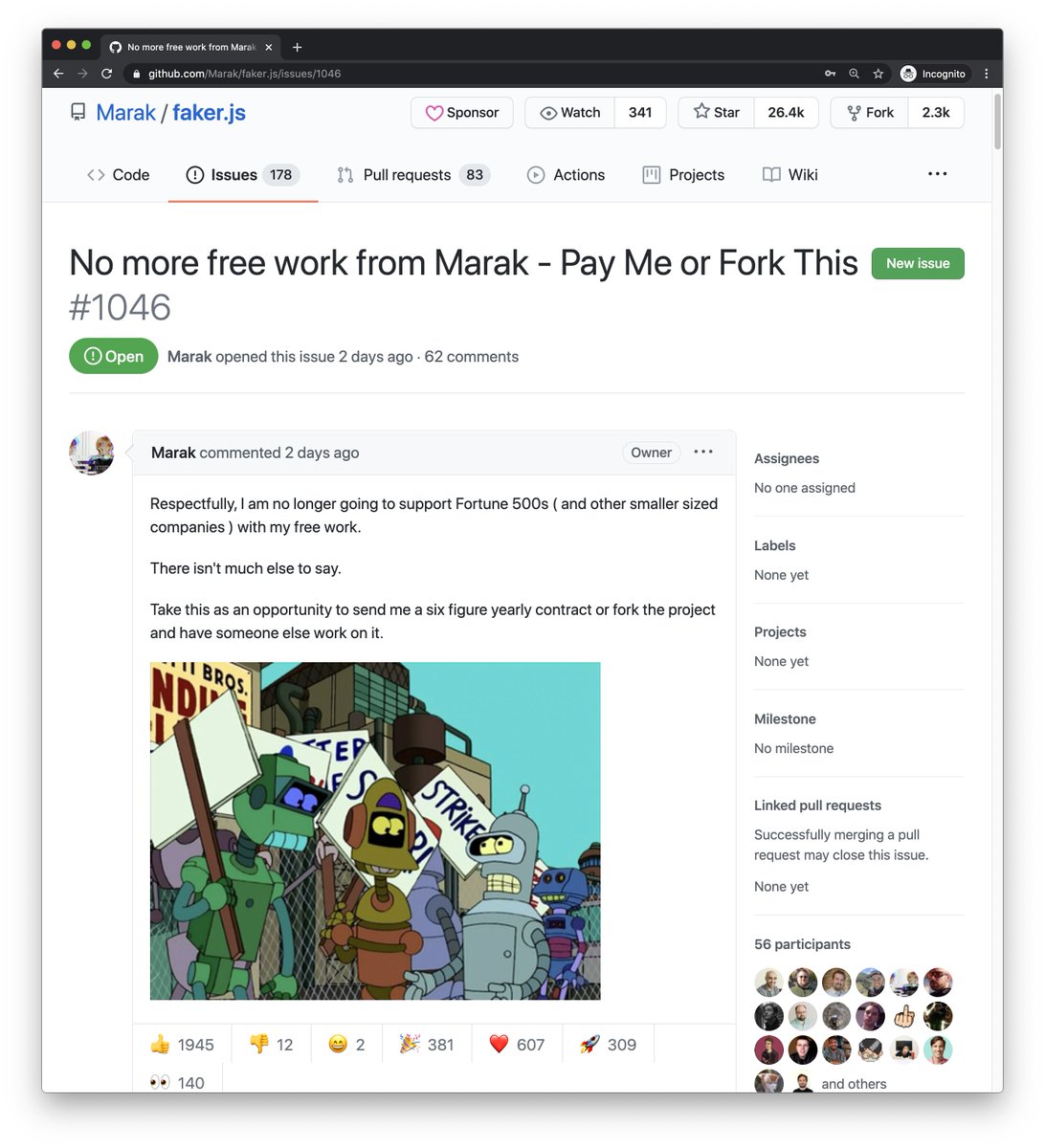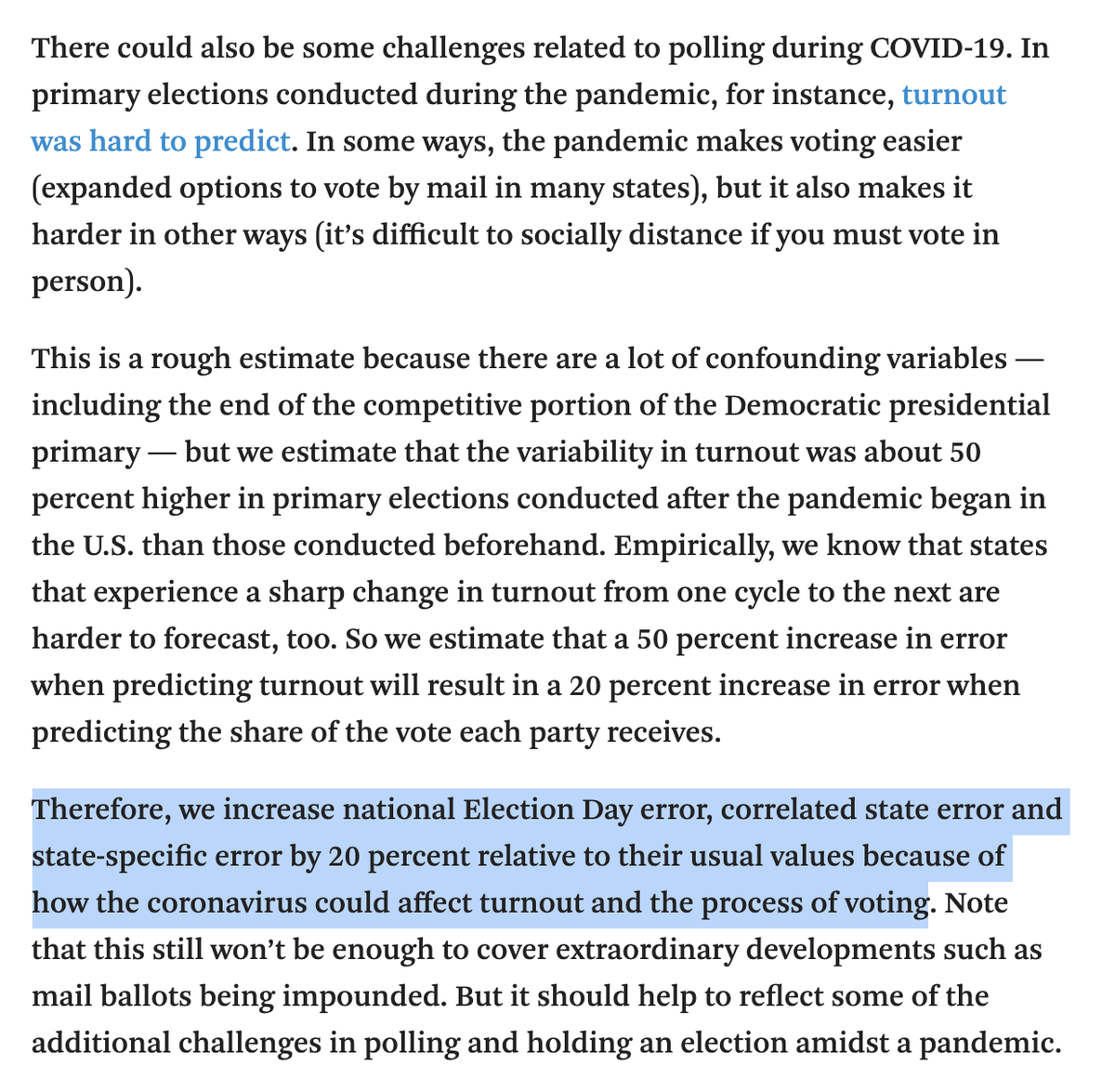
The proposed new anti-crypto regulation by @stevenmnuchin1 is a form of financial disenfranchisement. It harms people who lack ID, further expands the surveillance regime, and sets up more honeypots for hackers.
It must be resisted vigorously.
It must be resisted vigorously.
https://twitter.com/brian_armstrong/status/1331744884856741888
Let's remember that OPM was hacked. And the State of Texas, and the Department of Veterans Affairs, and NARA, and even the US Voter Database.
Forcing companies to surveil you is bad enough. Then the databases get hacked and blasted all over the internet.
digitalguardian.com/blog/top-10-bi…
Forcing companies to surveil you is bad enough. Then the databases get hacked and blasted all over the internet.
digitalguardian.com/blog/top-10-bi…

The new regulation is financial disenfranchisement because it takes away a right people already have: the right to use crypto without being surveilled, tracked, and recorded in some US government database. coincenter.org/we-must-protec…
It's also impractical because they want KYC for smart contracts. Imagine requiring KYC for every packet sent and every program deployed!
You can't comply with this & still do crypto. If it does go through, even more crypto founders leave the US market.
You can't comply with this & still do crypto. If it does go through, even more crypto founders leave the US market.
https://twitter.com/brian_armstrong/status/1331745238629507073
This particular form of financial disenfranchisement is also a great way to block people in need from receiving funds. Do you think the Venezuelan or Nigerian governments would provide "KYC docs" for the people their regimes are oppressing? coindesk.com/bitcoin-adopti…
• • •
Missing some Tweet in this thread? You can try to
force a refresh









